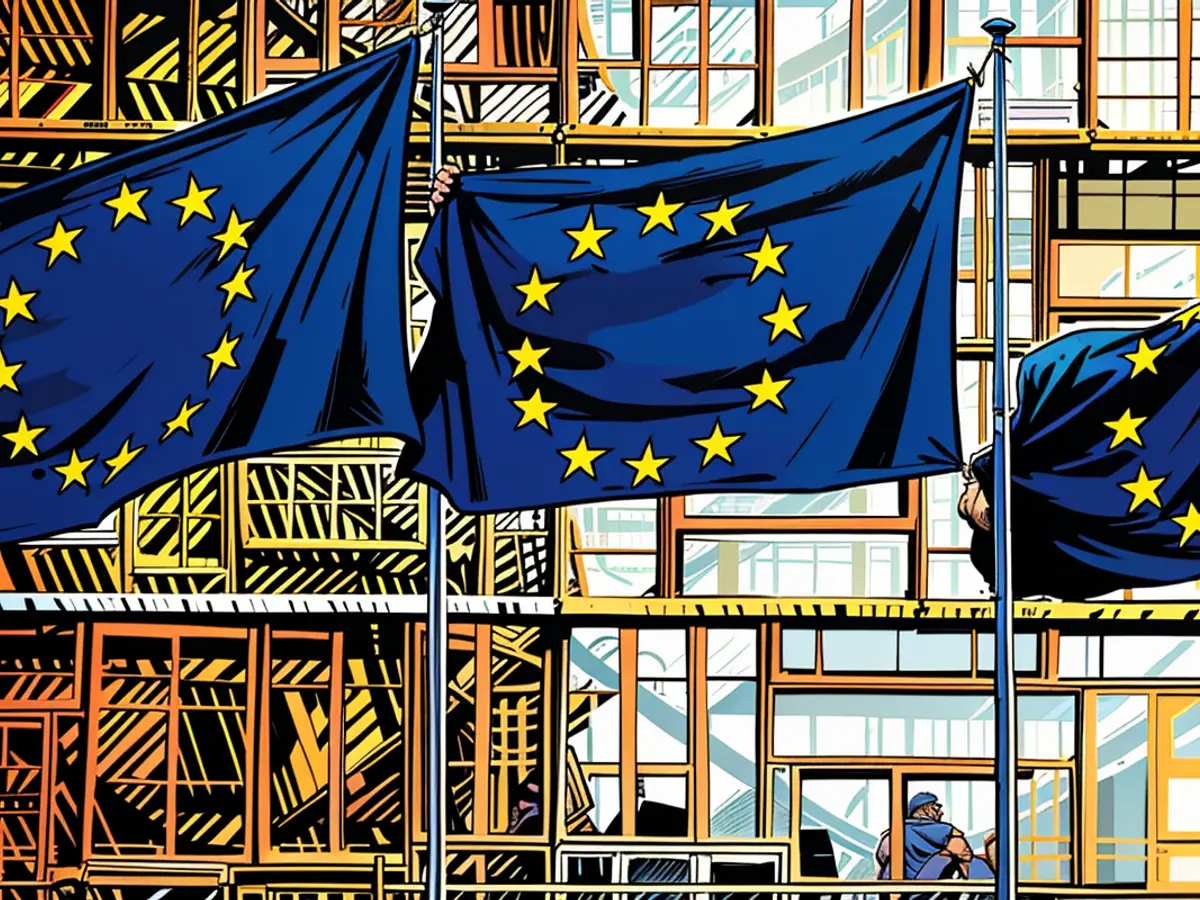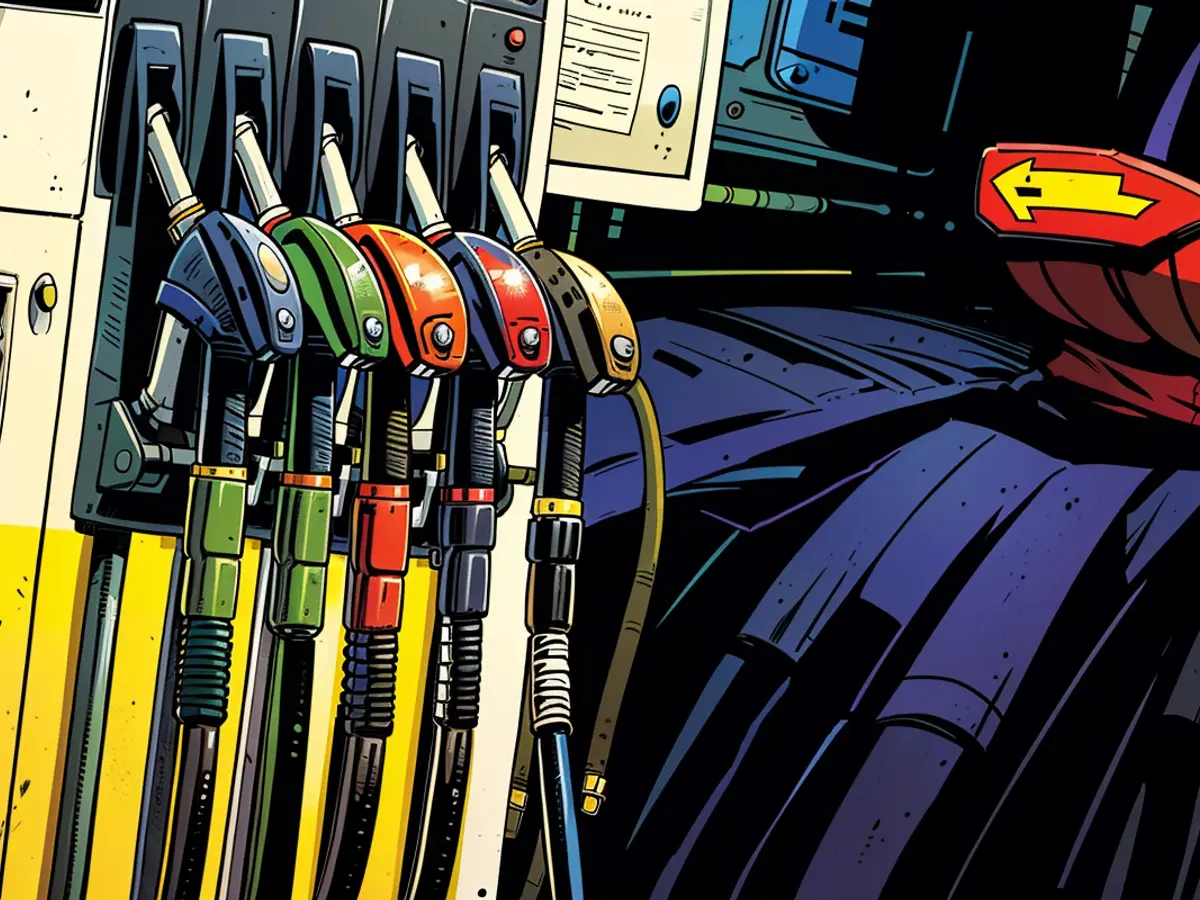European pork prices under scrutiny by China following increased tariffs on Chinese electric vehicles by the EU
Potential escalation looms in one of the world's largest trade relationships, with presidential moves raising concerns about retaliatory measures. China's Department of Commerce announced on Monday that local farming operations have requested an anti-dumping investigation into EU-sourced pork and swine by-products. Initial investigations show possible low pricing of goods, warranting a formal probe.
This investigation, expected to conclude in a year, may be extended for an additional six months if necessary. Pork producers in Europe could face significant cost increases if demand in China, the world's largest pork market and primary destination for EU pork exports, is affected. The EU ranks second in global pork production, behind China.
Last year, the EU exported over €2.5 billion ($2.7 billion) of pork products, including offal, to China. Spain accounted for nearly half of that total, followed by considerable exports from the Netherlands, Denmark, and France.
Besides pork, China has initiated an anti-dumping investigation for brandy imports from the EU, potentially levying tariffs on French cognac manufacturers. Other potential targets could include European wine and luxury goods, as suggested by Rhodium Group analysts.
Olof Gill, a spokesman for the European Commission, indicated that the EU will closely monitor the investigation into pork products and intervene appropriately to ensure compliance with World Trade Organization rules.
Regarding concerns over EU agricultural subsidies, Gill stated that the bloc is assured that any subsidies comply with WTO stipulations.
As previously anticipated, China is expected to implement targeted measures to discourage EU officials from upholding long-term tariffs on electric vehicles imported from China, a decision scheduled for November. The temporary tariffs are set to commence on July 4.
Last week, the European Commission announced additional tariffs of between 17.4% and 38.1% on Chinese-manufactured electric vehicles, with the highest overall rate reaching almost 50%. China swiftly denounced this move, which could jeopardize China's aspirations for EV exports and accelerate plans by Chinese car manufacturers to establish facilities in Europe.
Lastly, Brussels is scrutinizing China's support for wind turbine companies and solar panel suppliers, owing to apprehensions that China's industrial surplus is fueling cheap exports and flooding foreign markets.
Xiaofei Xu and Maisie Linford provided contributing reporting.








